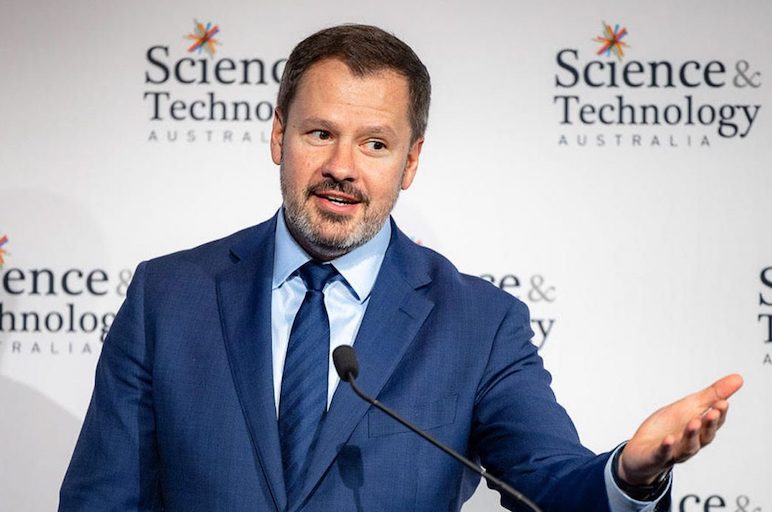
CSIRO has a new minister and Australia a new federal government with the election of a Labor Government led by Anthony Albanese, bringing an end to almost ten years of rule under the Liberal National Coalition.
The new Industry and Science Minister is Ed Husic, who becomes Australia’s first Muslim cabinet minister.
CSIRO Staff Association Secretary Susan Tonks welcomed the appointment.
“Minister Husic has held senior roles both in Government and Opposition and brings a wealth of experience to the Industry and Science Ministry. His keen policy interest in technology and innovation is well-known.
“I have written to Minister Husic on behalf of the CSIRO Staff Association and congratulated him on his appointment and the election of the Albanese Labor Government.”
“Under the former Coalition Government, CSIRO suffered record funding and job cuts, leading to the loss of one-in-five positions. Subsequent restrictions to Average Staffing Levels (ASL) then stymied any recovery in job numbers and post-pandemic the organisation’s employment levels remain well below budgeted projections,” Ms Tonks said.
The emergence of plans to cut jobs in wine research in the days before the election, revived bad memories of past CSIRO job cuts that defined science and research policies under the nine years of Coalition Government.
Up to twelve CSIRO permanent positions located at Adelaide’s Waite campus – part of a joint research agreement with government-funded statutory authority Wine Australia – are on the block; following the recent loss of an additional 14 contract positions in the same research team.
Voters punished the Coalition, which lost seats to both to Labor and independents, including several blue riband electorates in affluent areas of Melbourne in Sydney. Elsewhere, the Greens won a record four lower house seats – including three in Brisbane – and are set to wield serious influence in the Senate.
The defeat of the Coalition Government – which presided over record CSIRO cuts that saw one-in-five jobs lost – marks the close of a turbulent chapter in the organisation’s history.
With the 47th Parliament due to commence on 26 July, Labor will form a majority of 77 in the House of Representatives, with the Greens and Independents forming a massive 16-member crossbench, while the Liberal and Nationals have been reduced to 58.
In the Senate, gains to the Greens, minor parties and independents – at the expense of the Coalition – means Labor will need the support of the Greens and one crossbench Senator to pass legislation.
Despite Labor’s majority in the House of Representatives, Prime Minister Albanese has indicated plans to consult extensively with the extended crossbench, in recognition of a record number of Australian voters forgoing the major parties in favour of independents.
In his first speech to caucus in Canberra following the election, the Prime Minister pledged the new Labor Government would end the climate wars, introduce legislation for a federal anti-corruption commission this year and develop a process to implement the Uluru Statement from the Heart and hold a referendum on constitutional recognition of First Nations people.
“We need to change the way that politics operates in this country. We need to be more inclusive,” Prime Minister Albanese said.
“We need to be prepared to reach out. We need to be prepared to engage on those issues. We can do that in this parliament,” he said.
